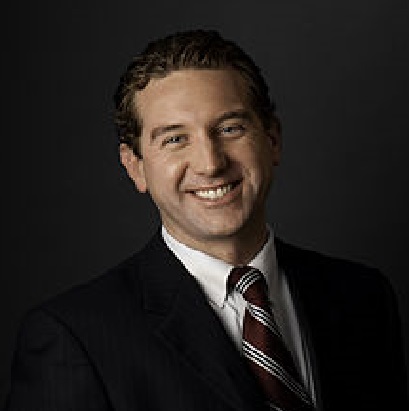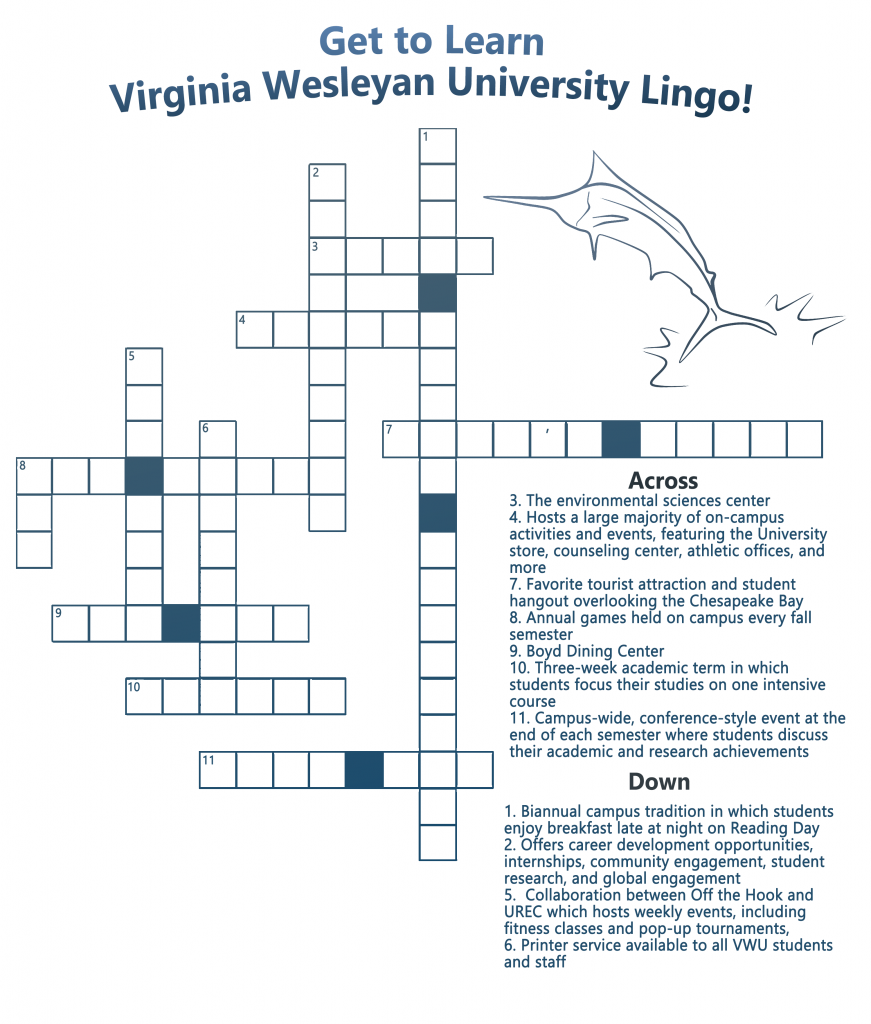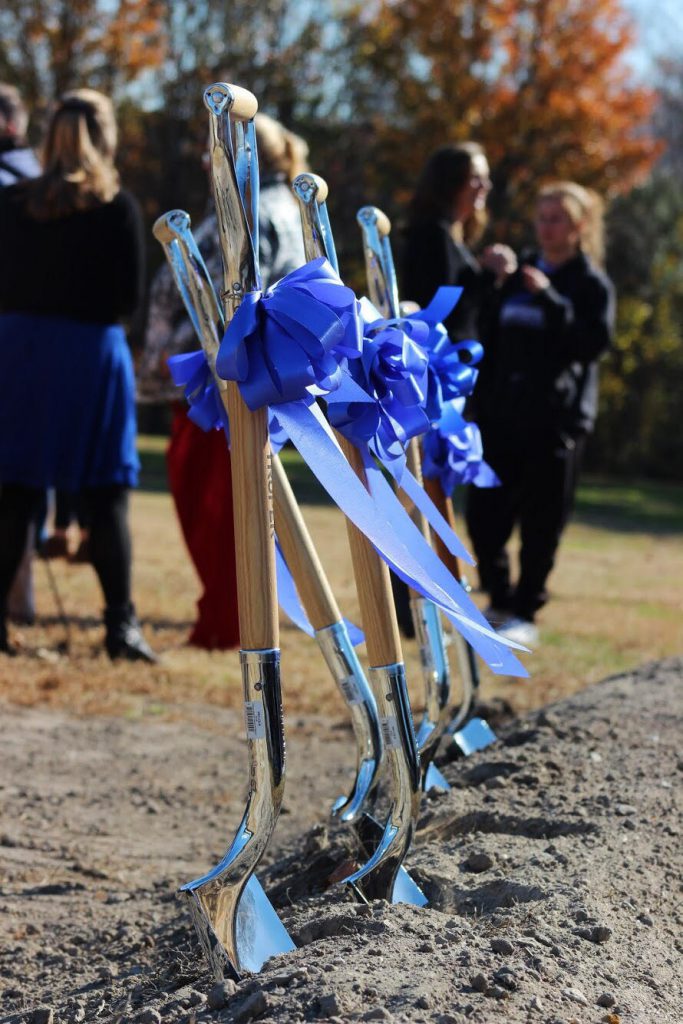Judge Pete Johnson peered down his nose at the grimy young man before him. The young man, smelly and bleary-eyed after two nights spent in the Birmingham City Jail due to an intimate relationship with illegal drugs, looked back up at the judge.
It appeared like a hundred other such cases. Here stood a young man at the end of his rope and a judge with a law to uphold. This was different though. Because standing before that judge on that day in 2001 was Ashby Pate. A man who, despite his fumbled appearance, would one day become a Supreme Court Justice for the Sovereign Nation of Palau and take part in eradicating inhuman practices from a nation’s judicial system.
On March 20, 1978 the Pate family birthed a new member. Welcoming baby Ashby’s arrival was an older brother named Gavin and a long line of successful attorneys. The whole family, it seems, played some part in the legal world.
He lived much like any other white, suburban male in Alabama. He was the captain of the varsity basketball team. He owned a dog named Bertha. He spent his Sundays at a Southern Baptist church and his school days swooning over 14-year-old Christine Caiola. School came easy to him. English and French were his favorite subjects. He wrestled with Gavin, spending 15 years as the underdog until he finally grew taller than his older brother.
After completing an undergraduate degree in English, Pate gave up on school and spent the next four years traveling with his rock band as lead guitarist and vocalist. His music reveals a need for motion in his life and a desire for exploration.
“I write songs, keeping my fingers crossed, they’ll get me out of this place,” Pate sang in his song “Alarm.”
Ultimately, Rock and Roll would not satisfy Pate. He said that his hunger for education won out after four years of a nomad lifestyle. So he spent three years in law school and got his master’s in England before moving back to the USA to settle down as a clerk for Alabama’s first African American judge.
“I thought going to law school would be a sell out and I would lose all the creativity I had gathered in my life,” Pate said.
It turned out to be a decision he greatly cherished. He said he was surprised by how intellectually stimulating the experience was for him.
“Anything you do in your life that’s worth s*** is going to be hard,” Pate said.
On Nov. 3, 2016, Ashby Pate, former Supreme Court Justice of Palau and current Alabaman lawyer with Lightfoot, a practice specializing in liturgical services, put on a suit and visited the classroom of his big brother Gavin. He peered down his nose, past his stylish clear glasses, at a classroom of burnt out senior English majors. They looked stressed and flustered and only mildly interested in what he had to say as a new face in their classroom. They peered back at him while the class instructors sat in the corners, giving Pate the floor.
“I have been at the United States Supreme Court with Justice Scalia and Justice Roberts shooting the bull and drinking martinis and I have been in the bottom of the Birmingham city jail strung out on drugs,” Pate said.
He got their attention.
Pate engaged with the students. He asked what their senior projects were, laughed at the student furiously taking notes on his presentation and ultimately attempted to offer some encouragement to them as they moved into the final stages of writing their capstone papers.
“Here is my personal email,” he told them as he wrote it out on the board in front of them. He urged them to contact him if they needed anything.
Pate understands what it is like to be on the bottom and therefore feels a weighty responsibility to honorably represent the law in all aspects of life.
“I knew then, that that judge and the law itself had the power right then and there to disconnect me from my family, my goals and society,” Pate said in his speech to the American College of Trial Lawyers in 2016.
Thanks to that judge, Pate was able to achieve his dreams. It was while working at his job as a clerk in Alabama when he received an email offering him a position as a clerk to a Supreme Court justice in Palau.
“I actually thought it was spam at first.”
So he and his newly wed wife, the girl he crushed on back in high school, moved to Palau. Years later, a position opened up for him to work as one of four Supreme Court Justices on the island and he leapt on the responsibility, moving back to Palau with a 10-month-old baby girl.
On that day in 2001, the judge gave Pate a lenient sentence, promising to wipe the drug incident off his record after Pate agreed to a year of community service and several hours of therapy and drug testing. His life, so close to being ruined, was saved.
As Pate said in an address to the American College of Trial Lawyers in 2016, “the law’s highest calling is not to disconnect but to reconcile, not to lock people up, but to set them free.”
Laurissa Senecal
ljsenecal@vwc.edu


